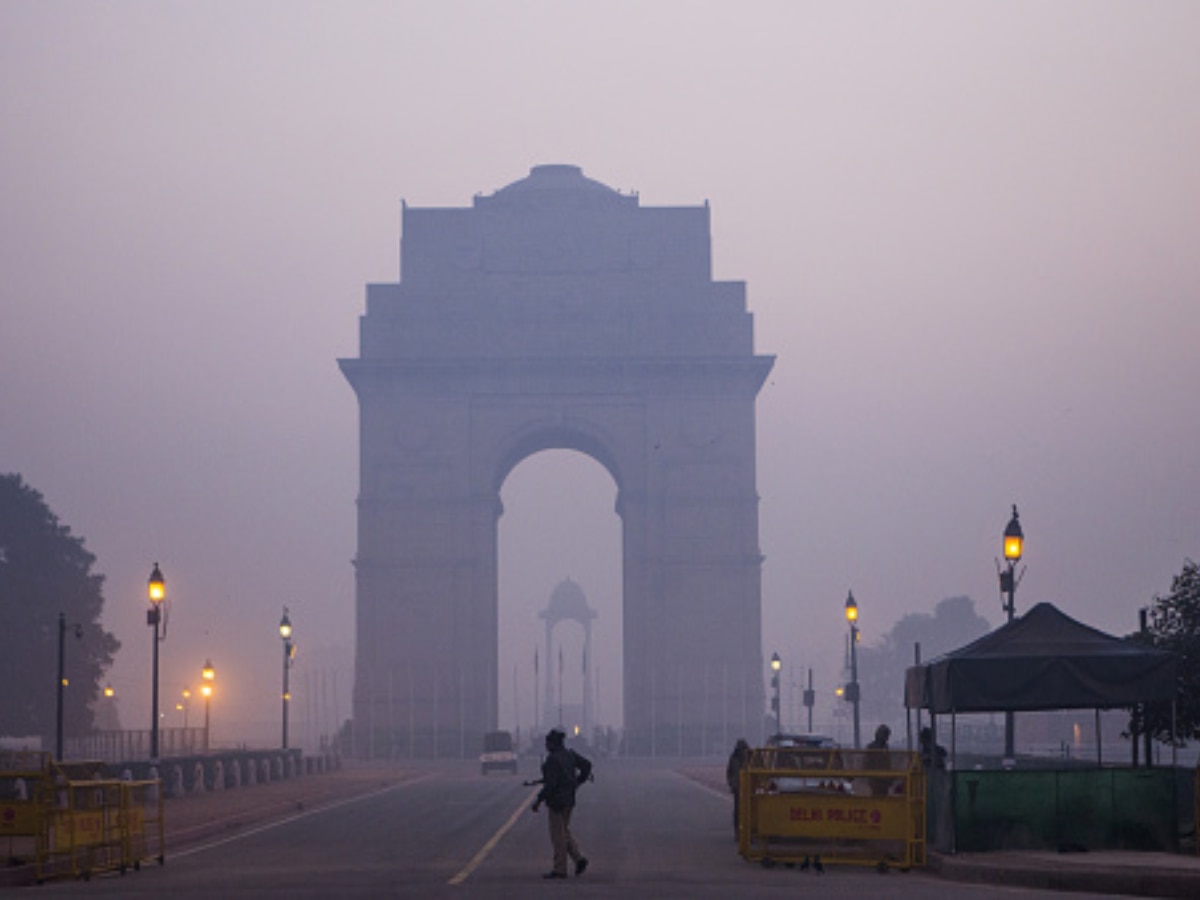Pollution is the biggest healthcare challenge in urban areas today. In the context of World Lung Cancer Awareness Month, let’s shed some light on the correlation between levels of reduced air quality and its impact on the lungs. in this regard, “The rise in pollution levels has become a public health issue and the number of people suffering from cough and cold has also increased,” said Dr Salil Bendre, head of the chest department at Max Super Specialty Hospital in Nanavati.
“The trends were similar across age demographics, with clear vulnerability observed among asthma patients. Clinically, an average of 30 to 35 patients were observed daily to develop persistent cough, which persisted even after antibiotic treatment .Especially among smokers “Deteriorating air conditions can exacerbate respiratory problems. About 5% of them require hospitalization, although their condition remains stable,” he added.
Causes and effects of air pollution:
Dr Ravi Dosi, Consultant Pulmonary Department, Kokilaben Dhirubhai Amabani Hospital, Indore said, “Air quality is a topic of great concern to all of us right now due to the increasing number of pollutants and pollution-related chemicals in the atmosphere. Common chemicals include nitrous oxide, sulfur dioxide, ozone and particulate matter. These harmful substances can easily cause inflammation. Not only does air pollution create new problems and illnesses, it can also worsen existing illnesses and cause people to take higher doses of medications that are not usually needed, leading to some medication-related side effects. “
“Air pollution is often a man-made problem and should be controlled as it can have harmful effects on the brain, heart, lungs and pancreas, as well as problems with the reproductive, digestive and cardiovascular systems, growing children and even infants Mothers are not immune to air pollution, which can cause serious problems for them. Fine particulate matter can cause shortness of breath, wheezing, chest pain, fatigue, and ground-level ozone can cause difficulty breathing, sore throat, wheezing, coughing, and possibly There are equally serious problems,” he added.
Consequences of poor air quality:
Dr Lancelot Pinto, Consultant Respirologist, PD Hinduja Hospital and Medical Research Centre, said: “The serious consequences of poor air quality are equally worrying. All body surfaces exposed to such air are triggered. These include rhinitis/sinusitis (irritation of the nose and sinuses), allergy/irritant conjunctivitis, bronchitis (irritation of the airways in the lungs), and skin infections. Ultrafine particles that reach the bloodstream have been linked to heart problems (increased heart rate, blood pressure, increased stress on the heart) and susceptibility to infection. People with respiratory and/or heart disease should be especially cautious when going outside when air quality is poor. “
Precautions in the current situation:
In response to the current environmental health crisis, preventive health measures have become critical. Dr. Salil Bendre offers the following advice:
- It is strongly recommended that individuals, especially those with asthma, adopt the practice of wearing a mask when outdoors and ensure that they carry an inhaler at all times.
- In addition, specific groups, including smokers, diabetics, the elderly and those with asthma or allergies, are urged to get vaccinated to strengthen their defenses against health risks from rising pollution levels.
- Such interventions are critical to safeguarding respiratory health in the face of growing air quality challenges.

